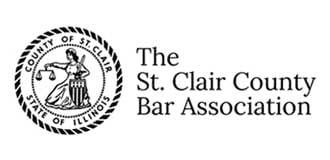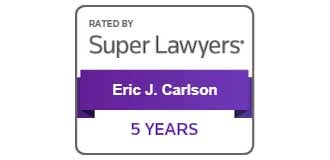There are a lot of complex terms and decisions when making an estate plan. One particularly important part of an estate plan is who will benefit from an estate when the testator passes away. The people who gain assets from an estate are considered heirs or beneficiaries.
Many people use heirs and beneficiaries interchangeably. However, the two terms have very distinct uses. Here’s what you should know:
What is an heir?
Many people die without an estate plan. When there is no valid will, then the deceased has died intestate. Intestate means the state handles the distribution of the deceased’s assets. An heir is typically a close relative related by blood who receives assets when there is no valid will.
Family members don’t inherit assets randomly. There is commonly an order of succession. A spouse is usually the first who inherits from the estate. Following the spouse, biological and adopted children are next as heirs. Then it’s parents and siblings. Finally, the next of kin, such as nieces/nephews, cousins and grandparents.
If the state can not locate an heir or next of kin, then the state inherits the deceased’s assets.
What is a beneficiary?
The testator can name virtually anyone as a beneficiary in their will to receive assets from the estate. Beneficiaries can be anyone from a spouse or close relative to a friend, colleague or charity. With a valid will, the beneficiary outranks any heirs.
There are several types of beneficiaries. A primary beneficiary is the first to gain from an estate. If a primary beneficiary dies or refuses the assets, then a contingent beneficiary takes their place. Any remaining assets can then go to residuary beneficiaries.
These minor details can make huge differences in an estate plan. You may need to reach out for legal help to understand the complexities of estate planning.
















